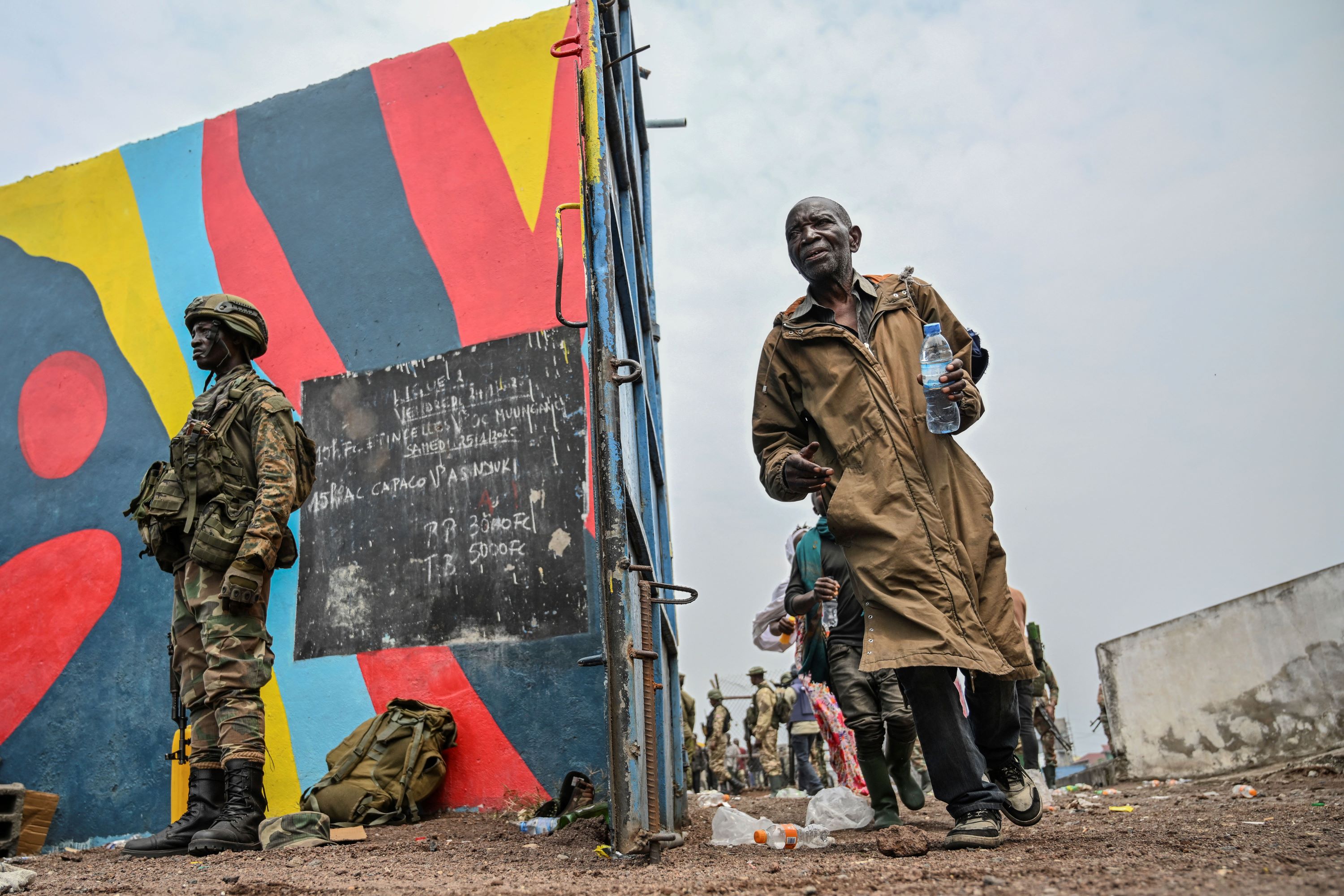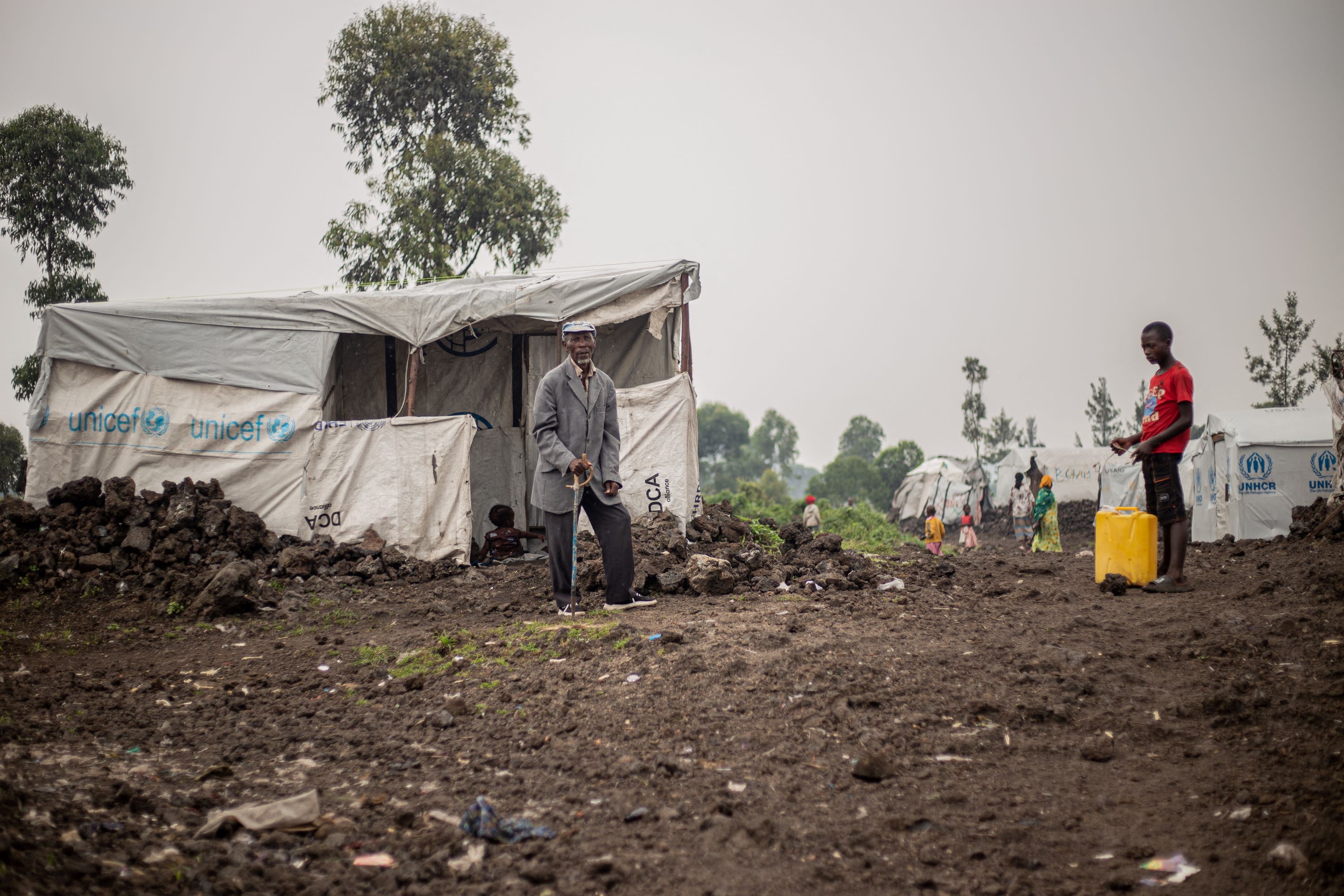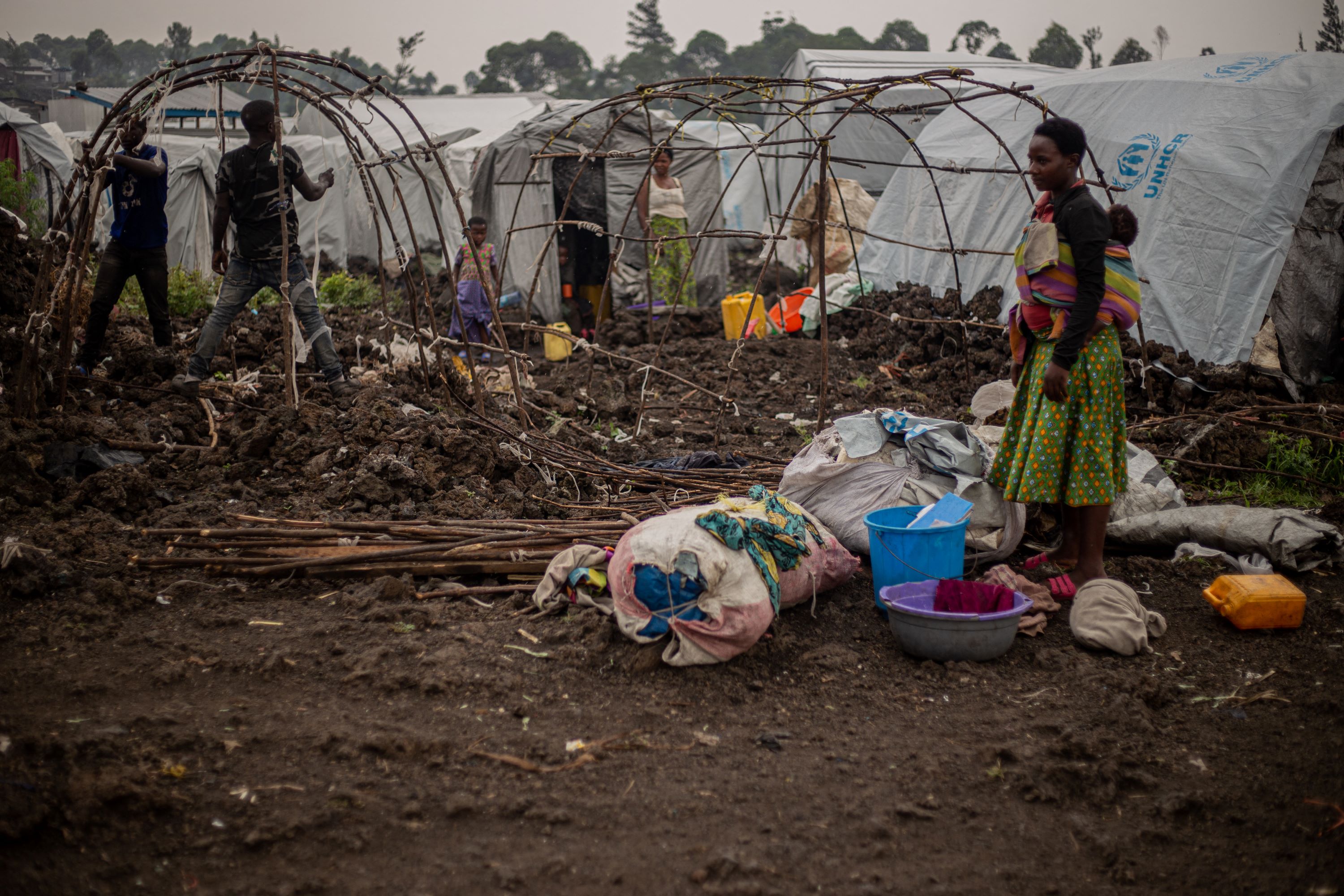
DAKAR/NAIROBI/UNITED NATIONS - The eastern Democratic Republic of the Congo (DRC) rebel alliance that includes the M23 has declared a ceasefire for humanitarian reasons starting on Feb 4, the group known as the Congo River Alliance said in a statement.
The alliance added that it had no intention of capturing Bukavu, South Kivu's provincial capital, after it seized Congo's largest eastern city of Goma last week.
Meanwhile, Kenyan President William Ruto on Monday said leaders from southern and eastern African countries have resolved to meet for a two-day extraordinary summit from Friday to discuss the situation in the eastern DRC.
READ MORE: Southern African bloc calls for dialogue to restore peace, security in eastern DR Congo
Ruto said a joint summit of the Southern African Development Community (SADC) and the East African Community (EAC) will be held on Friday and Saturday in Dar es Salaam, Tanzania, to address the conflict in the eastern DRC.
"President Samia Suluhu Hassan (Tanzania) has graciously agreed to host the summit to deliberate on the situation in eastern DRC," Ruto said in a statement issued in Nairobi, the capital of Kenya.
This followed an agreement between SADC Chairman and Zimbabwean President Emmerson Mnangagwa and Ruto, who is also the EAC chairperson.
According to Ruto, DRC President Felix Tshisekedi and Rwandan President Paul Kagame have confirmed attendance at the summit, which will be preceded by a ministerial meeting on Friday before the heads of state convene on Saturday. Other leaders who have confirmed participation include President Cyril Ramaphosa of South Africa, President Yoweri Museveni of Uganda, and President Hassan Sheikh Mohamud of Somalia.
ALSO READ: UN says concerned about rebels advancing south in DRC
On Jan 29, heads of state of the EAC called on all parties involved in the conflict in the eastern DRC to cease hostilities and observe an immediate and unconditional ceasefire, allowing displaced populations access to humanitarian services.
Member states of the EAC, an intergovernmental organization that aims to promote economic, political, and social integration in the region, are Burundi, Kenya, Rwanda, Somalia, South Sudan, the Democratic Republic of the Congo, Tanzania, and Uganda.

SADC leaders on Jan 31 called for dialogue within all parties to restore peace and security in the eastern DRC.
The bloc expressed concern that the recent attacks continued to worsen the security and humanitarian situation in the DRC, said a communique issued at the end of the SADC Heads of State and Government summit held in Harare, the capital of Zimbabwe.
Health risks in Goma
UN humanitarians said bodies in the streets, no clean water and an intensifying rainy season trigger escalating health risks in Goma, the DRC.
"There are still bodies of people who died in the violence lying in the streets of Goma," said the Office for the Coordination of Humanitarian Affairs (OCHA) on Monday. "Morgues are at capacity, and hospitals and health centers are overwhelmed with injured people."
READ MORE: UN: Situation in DRC's Goma calmer, with sporadic shooting, looting reported
OCHA said that while efforts to chlorinate water are underway, with the support of the humanitarian partners, the lack of drinking water is forcing people in Goma to rely on untreated water from Lake Kivu. And the rainy season makes matters worse.
Crime is another complicating factor following the invasion last week by M23 rebels.
The office said two humanitarian organizations and government entities reported vehicles hijacked over the weekend.
OCHA said aid organizations are assessing the impact of the looting of their warehouses as they try to resume aid deliveries in and around the capital of North Kivu province.
However, the office said economic and other activities are gradually resuming, but schools and banks remain closed in Goma.
ALSO READ: UN chief speaks with presidents of Rwanda, DRC over conflict
OCHA said it joined with relief partners in surveying displacement sites in and around Goma. Initial findings reveal that many camps were looted, destroyed and abandoned. While some people may have returned to their communities or sought refuge elsewhere, many people still lack adequate shelter and access to essential services.

The office said the World Food Programme (WFP) reported that they are prepositioning supplies and are ready to resume their operations as soon as conditions allow.
WFP also said it is strengthening preparedness efforts in neighboring countries, working with the UN Refugee Agency, the International Organization of Migration and other key partners to develop contingency plans.
"Given the risk of increased displacement, WFP is ensuring readiness in Rwanda, Uganda, Burundi, and Tanzania," the agency said, following fears raised last week of the eastern DRC hostilities erupting into a regional conflict.
OCHA said one out of every four people across the DRC faces acute hunger, including children and pregnant and nursing women. Armed violence, continued conflict and soaring food prices are key drivers of DRC's acute food insecurity.
ALSO READ: M23 reportedly takes over national TV in DR Congo’s Goma amid intensified fighting
The UN mission in the DRC (MONUSCO) said it is concerned about the reported advance of the rebel M23 armed group toward South Kivu's capital, Bukavu.
MONUSCO no longer has a mandate from the UN Security Council to take action in South Kivu.
The peacekeeping mission said the M23 rebels are reportedly consolidating their presence in Goma through regular patrols and house searches. Looting and the occupation of private homes by the armed group have been reported, along with attempts to seize vehicles, including those owned by humanitarian organizations, which is against international humanitarian law.
MONUSCO said fighting continues on the outskirts of Minova, in South Kivu and government forces have reinforced their positions in Nyabibwe, 85 km north of Bukavu on Lake Kivu's western shore.



